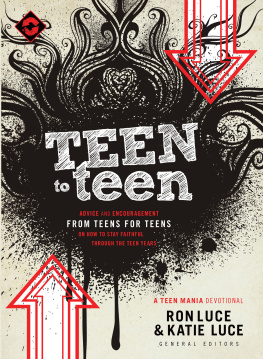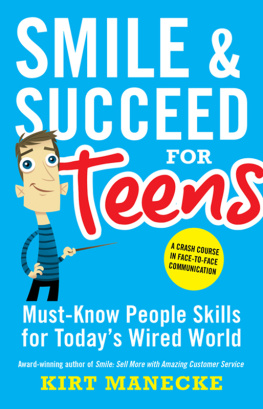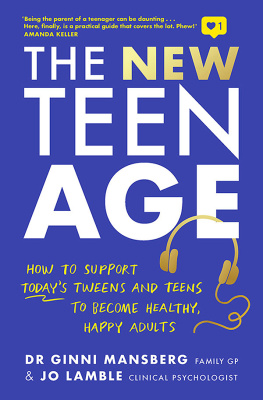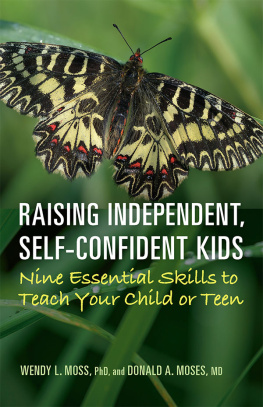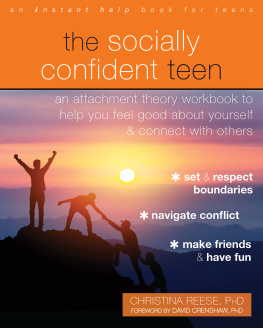All rights reserved. No part of this book or any portion thereof may be reproduced in any form by any electronic or mechanical means, without permission in writing from the publisher, except for the use of brief quotes in a bo ok review.
The publisher accepts no legal responsibility for any action taken by the reader, including but not limited to financial losses or damages, both directly or indirectly, incurred as a result of the content in this book.
Disclaimer: The information in this book is general and designed to be for information only. While every effort has been made to ensure it is wholly accurate and complete, it is for general information only. It is not intended, nor should it be taken as professional advice. The author gives no warranties or undertakings whatsoever concerning the content. For matters of a medical nature, the reader should consult a doctor or other healthcare professional for specific health-related advice. In addition, the reader should consult with a professional financial advisor before making any significant decisions regarding finances or money matters. The reader accepts that the author is not responsible for any action, including but not limited to losses, both directly or indirectly, incurred by the reader as a result of the content in this book.
Introduction
Congratulations! Youre about to become a teenager!
Its an exciting time, but it can also be scary. As you get older, there are many new things you have to learn and deal with. But dont worry, its perfectly normal to feel anxious about what l ies ahead.
As you move through life, you will encounter challenges and obstacles. You can overcome some of these easily, but others may seem impossible. This is where having strong life skills comes in handy. If you can problem-solve and communicate effectively, you will be better equipped to handle whatever life throws your way.
But first up, what are li fe skills?
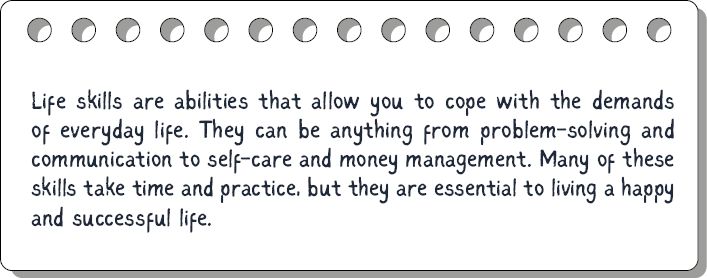
Learning life skills is essential. Many of the jobs you will apply for in the future will require you to have specific life skills. For example, to be a teacher, you must communicate effectively and manage a classroom. If youre going to be an accountant, you will need to be able to manage money and keep track of financial records. So, whether you realize it or not, life skills are essential for almost everythi ng you do.
There are many benefits to having strong life skills. Some of the most important ones are:
- You will be able to handle difficult situations with ease.
- You will be able to achieve your goals a nd dreams.
- You will be more confident in yourself.
- You will have better relationships wi th others.
- You will be able to live a happy and fulfil ling life.
So, as you can see, having strong life skills is essential for a happy and successful life. To achieve your goals and dreams, you need to start working on your life ski lls today!
Thats where this book comes in. This book is designed to help you develop the life skills you need to make the jump to a teenager. We will cover topics to help you:
- Make friends and build rel ationships
- Make responsible decisions
- Stay fit and live healthily
- Communicate e ffectively
- Set goals and ac hieve them
- Live a life of an adventurer
And so much more.
Each chapter will include tips, illustrations, and real-life examples to help you understand and apply the life skills we are discussing. So, lets ge t started!
Chapter 1
Personal Development
As you approach becoming a teenager, you will face new challenges and opportunities. These are exciting times! Even though you dont know it yet, everything you do is helping you shape who you will become. Your decisions and actions will have a massive impact on yo ur future.
The world is your oyster, anything is possible, and you have the power to create you r destiny.
But before you can conquer the world, there are some essential life skills you need to learn first. These will help you navigate through your teenage years a nd beyond.
Some of the things youll need to kno w include:
- How to manage your time e ffectively
- How to set goals
- How to sta y on track
- How to be confident
- How to motivat e yourself
Each of these topics is important in its own right. Still, together, they will form the foundation for a happy, successful teenage e xperience.
So lets take a closer look at each one.
How to be a time management superstar
Time management is one of the most essential life skills you can learn.

It sounds easy enough, but its pretty tri cky to do.
There are only 24 hours in a day, and theres only so much you can fit into that time. Effective time management is all about prioritizing your time and using it wisely.
As a teenager, youll be juggling schoolwork, extracurricular activities, socializing, and perhaps even a part-time job. You must learn to manage your time effectively, or youll quickly become ov erwhelmed.
Here are some tips to help you ge t started:
Make a list of everything you need to do. The best way to do this is to get a piece of paper and write down everything on your mind. Once its all down on paper, youll feel much better and see everything mor e clearly.
Prioritize your tasks. Once youve got everything down on paper, its time to start working out which tasks are the most important and must be done first. This is called pri oritizing.
Ask yourself the most critical task that needs to be completed first. This is usually the task with the most significant consequences if its not done or the most urgent one. For example, from the list above, doing your homework, or walking the dog, would be more important than playing football with you r friends.
Put a number 1 next to the most important task. Then ask yourself, what is the second most important task? Put a number 2 next to that one. Continue doing this until youve numbered all of y our tasks.
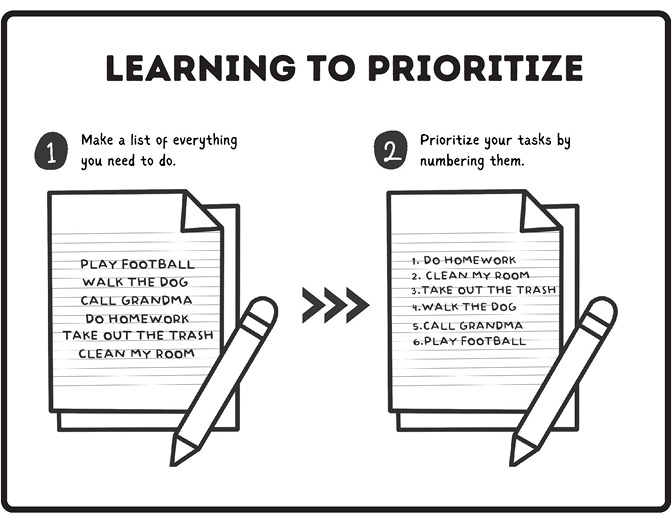
Create a plan. Once you know what needs to be done and in what order, you can start creating a plan. This can be as simple as writing down what you need to do and when you need to do it.
Get to work. Now that youve planned everything out, its time to start working on your tasks. The best way to do this is to start with the most important task and work your way down the list. This will help you ensure that the most important things get d one first.
Take breaks. Its essential to take breaks while youre working on tasks. This will help you to avoid burnout and will keep your m ind fresh.
Stick to your plan. Once youve created your program, do your best to stick to it. This means setting aside specific times for specific tasks and then making sure you actually do those tasks during that time.


